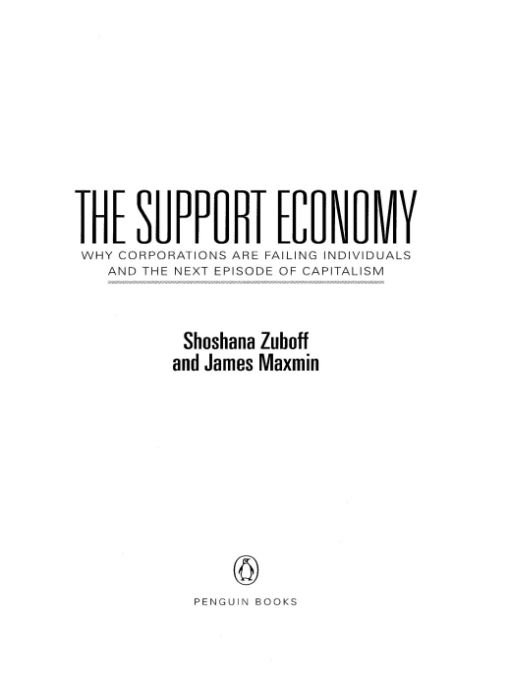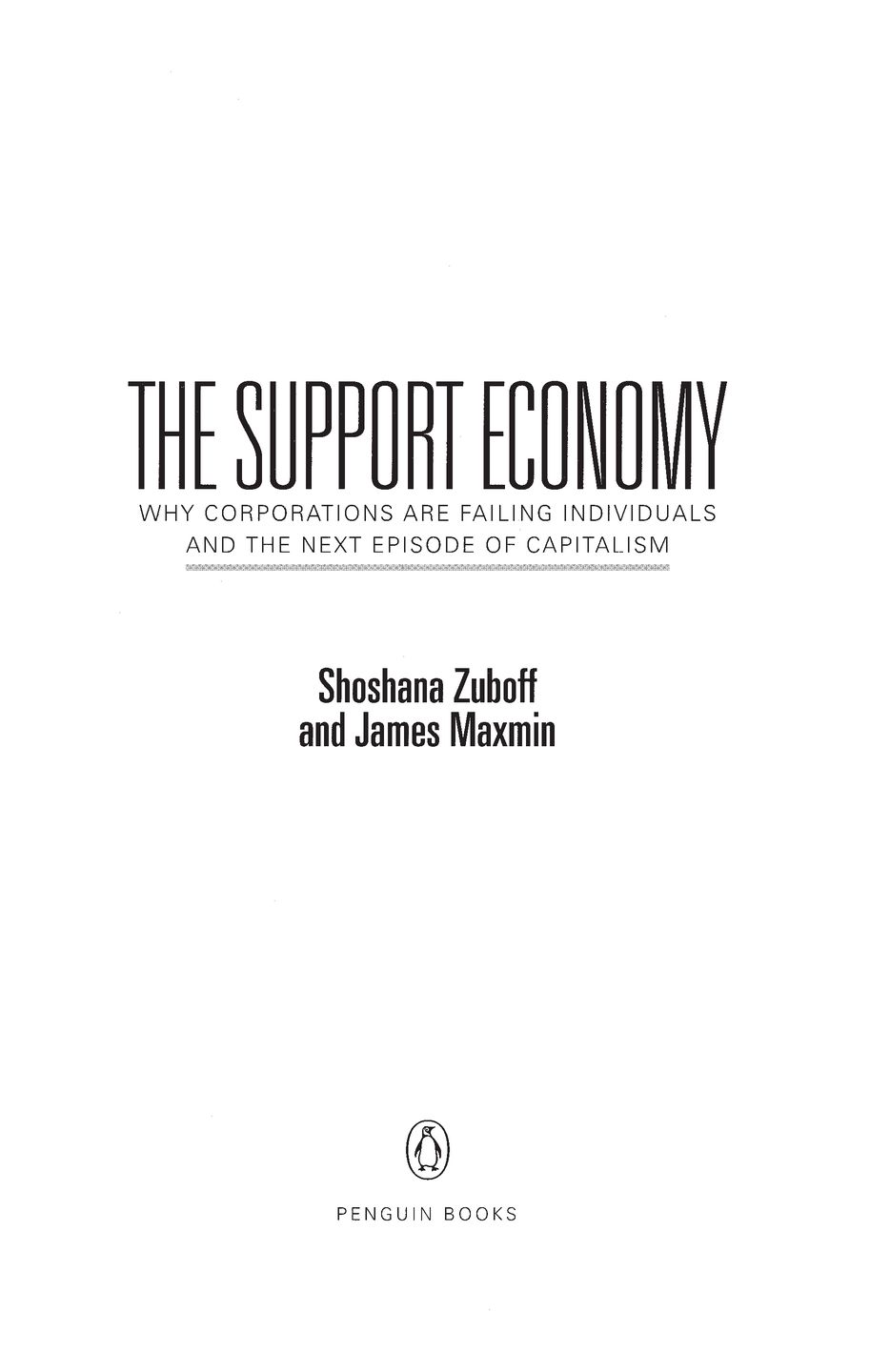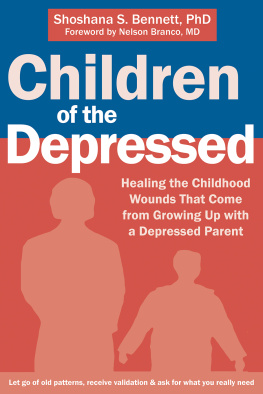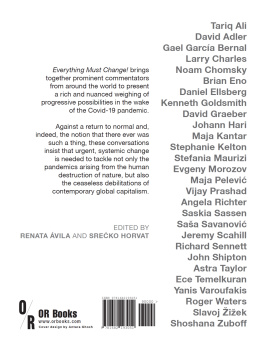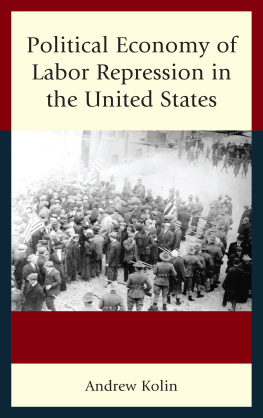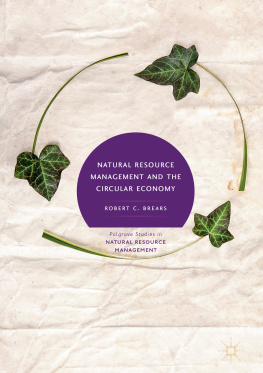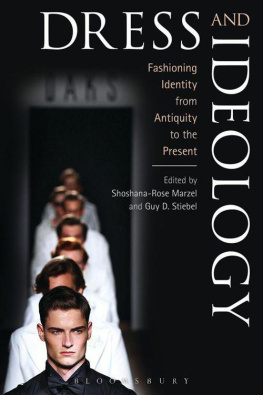Table of Contents
Praise for The Support Economy
The new business bible ... It may even signal a shift in the world of power.
Accounting Age
A perfect marriage of business school professor and executive.
The Economist
Shoshana Zuboff and James Maxmin are no-nonsense visionaries, offering the most profound social analysis in yearsa manifesto for the coming order in business and society at large. The Support Economy is a dazzling display of intellect with heart ... brilliant, important, and sound. Read it or be left behind in the dust.
Daniel Goleman, coauthor of Primal Leadership
The Support Economy is a superbly written tour de force that provides a continual shock of recognition through its multifaceted arguments, amazingly wide reading, and hard thinking. This is a profound book that will affect the future of business practice.
Thomas K. McCraw, Pulitzer Prizewinning historian and Straus Professor of Business History, Harvard Business School
A masterpiece ... This is a must-read for those wanting to be key builders of business in the twenty-first century.
George M. C. Fisher, retired chairman and CEO of Eastman Kodak Company, former chairman of Motorola and chairman of the National Academy of Engineering
Bring on the revolution!
BBC News
A bold answer to business ills.
The Times (London)
Zuboff and Maxmin are on to something and their remedy is radical.
Will Hutton, The Observer
This profoundly thoughtful book explores the historic emergence of the individual in society and how management capitalism now fails its growing aspirations ... There are more ideas than in a whole business library.
Director
An ambitious attempt to challenge the hegemony of enterprise-based capitalism.
John Adedoyin, The Guardian
The Support Economy is particularly expansive, attempting to apply a new economic order to serve a more individualistic society ... it reflects a growing dissatsfaction with the status quo.
Richard Donkin, Financial Times
PENGUIN BOOKS
THE SUPPORT ECONOMY
Shoshana Zuboff is the Charles Edward Wilson Professor of Business Administration at the Harvard Business School, where she is chair of the ODYSSEY programs. Called the prophet of the information age, she is the author of the critically acclaimed In the Age of the Smart Machine: The Future of Work and Power. Dr. Zuboff earned her Ph.D. in social psychology from Harvard University.
James Maxmin was chairman and CEO of Volvo-UK, Thorn Home Electronics, and Laura Ashley PLC. He founded the private investment company Global Brand Development and is currently the advisory director at Mast Global, the investment banking arm of the Monitor Company. Dr. Maxmin has been a non-executive director of major companies on both sides of the Atlantic. He earned his Ph.D. in philosophy from Kings College, London.
Zuboff and Maxmin are married and live in Maine with their two children.
For Jacob Raphael and Chlo Sophia our angels
And for Kate, Peter, Jon, and Ben our windows on the future
Every young and growing people has to meet, at moments, the problem of its destiny.... The fathers are dead, the prophets are silent, the questions are new, and have no answer but in time.... The past gives no clue to the future. The fathers, where are they? And the prophets, do they live forever? We are ourselves the fathers! We are ourselves the prophets!
John Hay,
secretary of state and formerly President Lincolns private secretary, speaking to Congress in affirmation of the new movement toward corporate capitalism, February 27, 1902
The composition of this book has been for the author a long struggle of escape, and so must the reading of it be for most readers if the authors assault upon them is to be successful,a struggle of escape from habitual modes of thought and expression....
The difficulty lies, not in the new ideas, but in escaping from the old ones, which ramify, for those brought up as most of us have been, into every corner of our minds.
John Maynard Keynes,
from his preface to The General Theory of Employment, Interest and Money, 1935
Once in a while you get shown the light in the strangest of places if you look at it right
The Grateful Dead, Scarlet Begonias
Acknowledgments
We want to thank the friends and colleagues who listened and argued as we thrashed out the complexities of our new thinking. We owe special thanks to Jeff Cronin of the Harvard Business School. He has been an indefatigable colleague and a loyal friend as he helped coordinate literature searches and locate the thousands of documents that have been used to define the pattern and weave the fabric of this book. Christine Fajors, also of the Harvard Business School, was nothing less than heroic in her ability to organize these many research materials while remaining resolutely cheerful.
Many readers have helped us with useful comments as our argument developed. We owe special thanks to Tom McCraw for his characteristically painstaking and deeply insightful reading of the manuscript at a critical stage. We also want to thank readers George Fisher, Richard Broyd, Gene Gendlin, Jim Austin, Claudio Ciborra, Shibani Sain, Herb Kelman, Robert Schrank, and John Staudenmaier for their reactions to all or part of the manuscript at various stages.
We want to thank the special people in our lives who have over these many years provided us with the deep support we needed to complete this undertaking: Mary Dee Choate Grant, Laura Waltz and Frank Waltz, Uncle Dick Chadwick, John Jicha, and Melanie Mayes.
We are grateful to our editor, Janet Goldstein, and the professional team at Viking Penguin who stood by us as we brought this project to completion.
Most of all, we want to thank our two young children, Jacob Raphael Maxmin and Chlo Sophia Maxmin. When they were very small they carved out their corner of Moms writing cottage, which they filled with the markers and colored pencils that brought forth magnificent drawings to adorn the walls. As they grew, their projects turned to writing their own books. They have been our cheerleaders, especially as they have supported Moms daily writing. Jacob always made sure to turn on the light that illuminates the path back up to the house at night, as he waited to greet Mom at the door. Chlo showered Mom with notes of love. This book belongs to them.
Preface
This book was born in silence.
For many years after the publication of In the Age of the Smart Machine , it was clear to me that management theory and management practice were fated to move on tragically separate paths. Conceptually, the criteria for excellence in management were well articulated, and had been for some time. Practically, good management is highly contingent. It depends upon so many variablesinvolving leadership, governance, and marketsbeing well aligned for a long enough period of time to make a difference. In research generously funded by the Harvard Business School between 1988 and 1994, I followed a group of visionary top managers and watched each one fall prey to corporate politics, self-interested boards, and the whims of financial analysts reacting to short-term fluctuations in a companys earnings. What possible contribution can theory make, when the realities of business are determined by endogenous forces fully dedicated to system survival, or at least to the perpetuation of the interests that govern the system, frequently at the expense of the consumers and employees whom the system should be serving? Worse yet, in the field of management the true nature of these forces is too often regarded as undiscussable, and is therefore rarely addressed in the theories. The problem wasnt management, per se, but the institutionalized practices and logic that shaped managers work.

